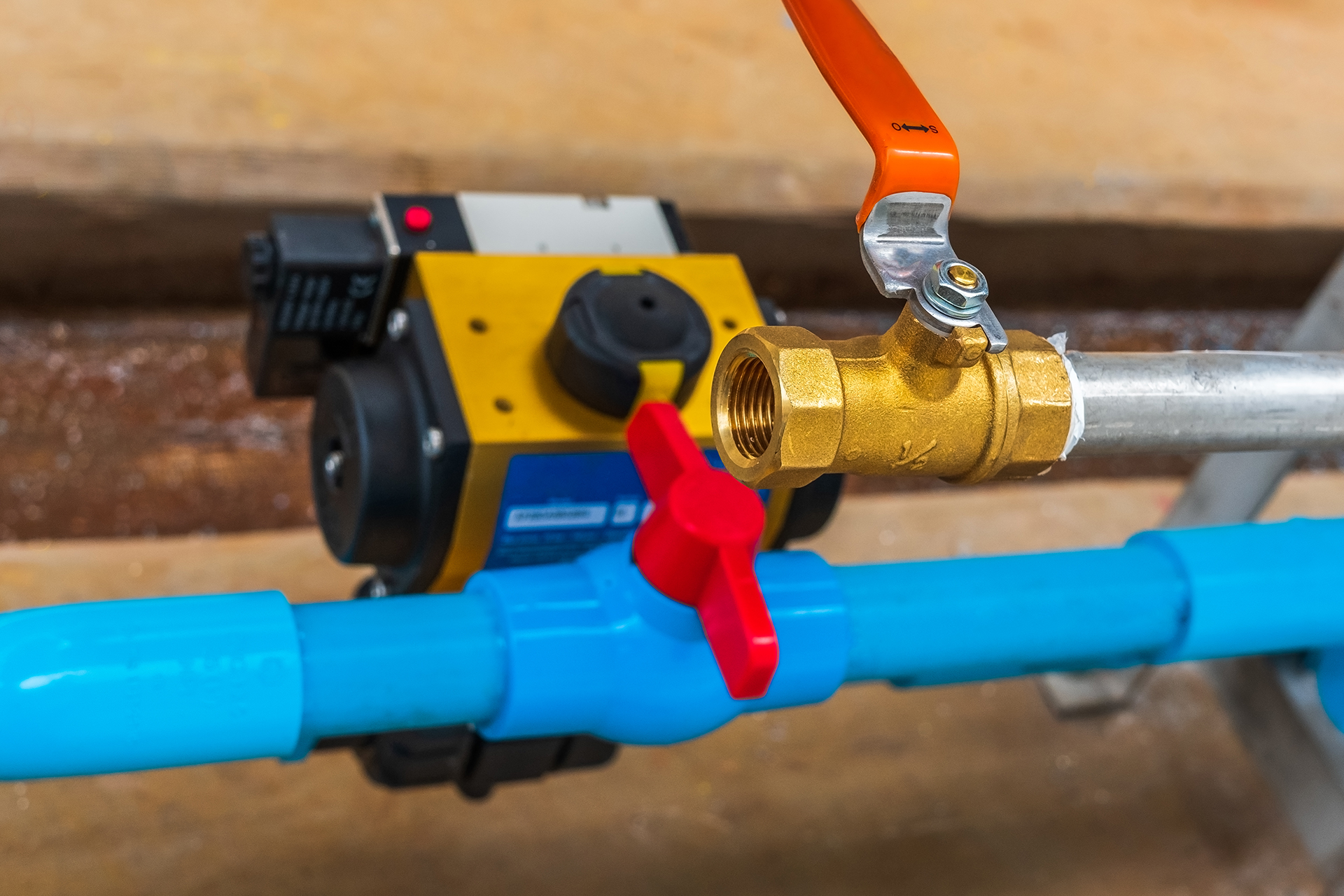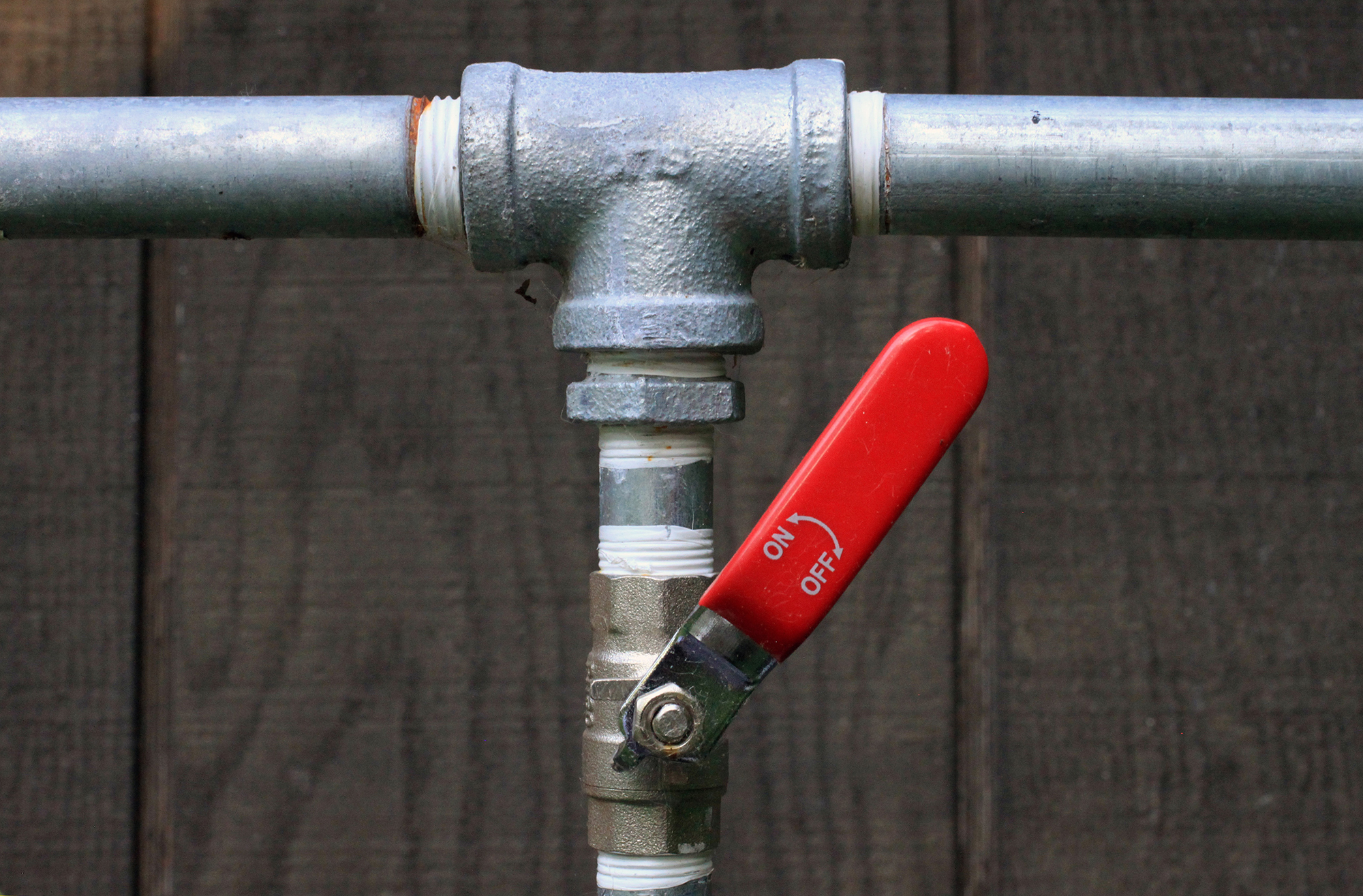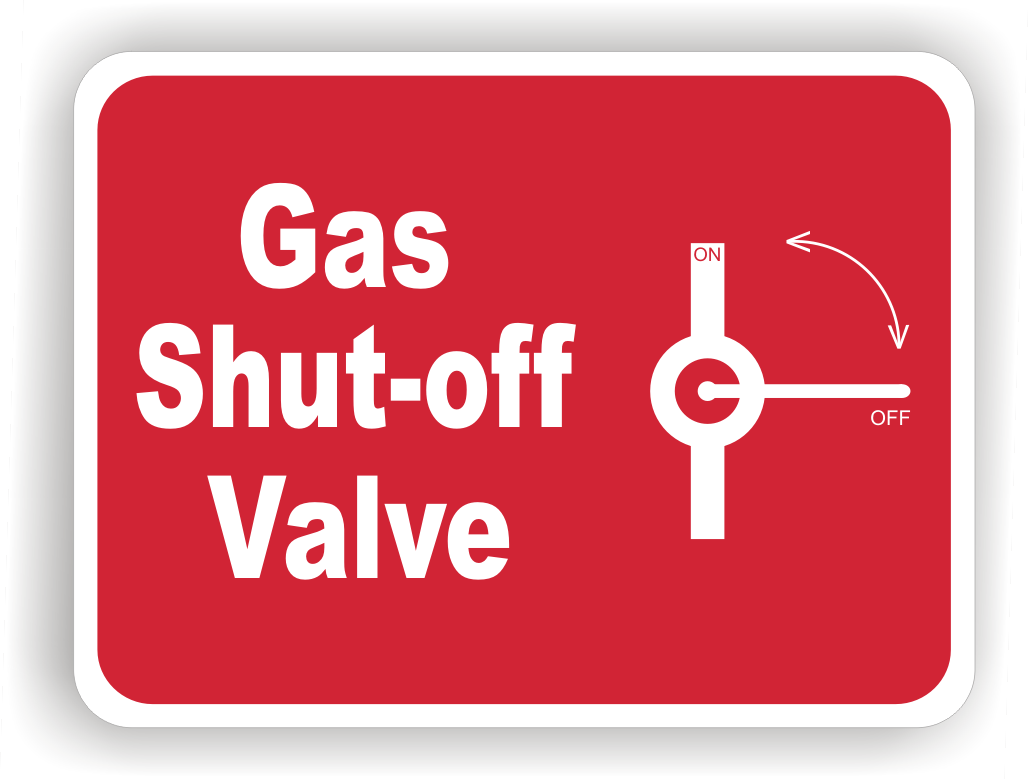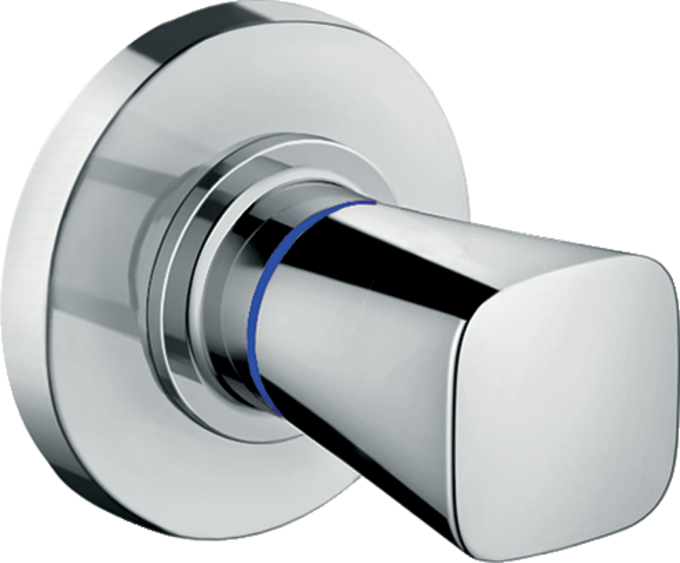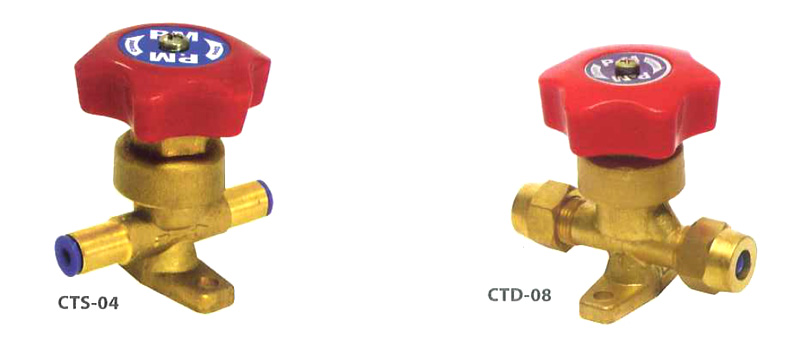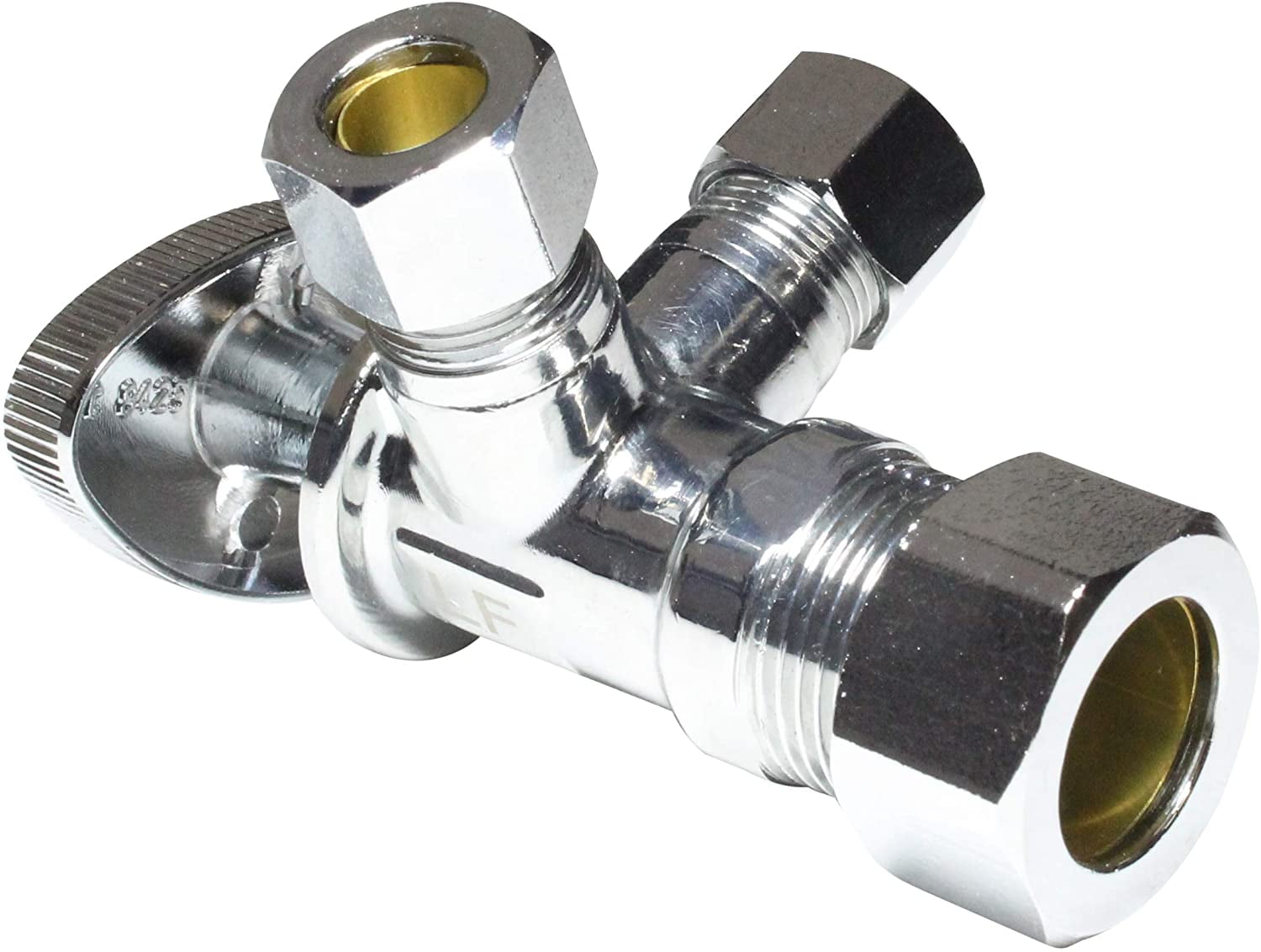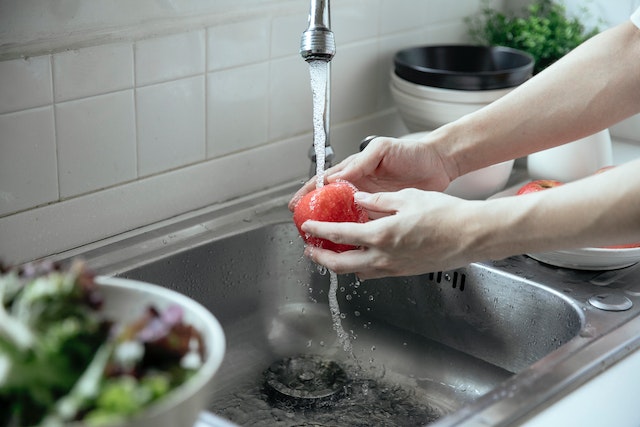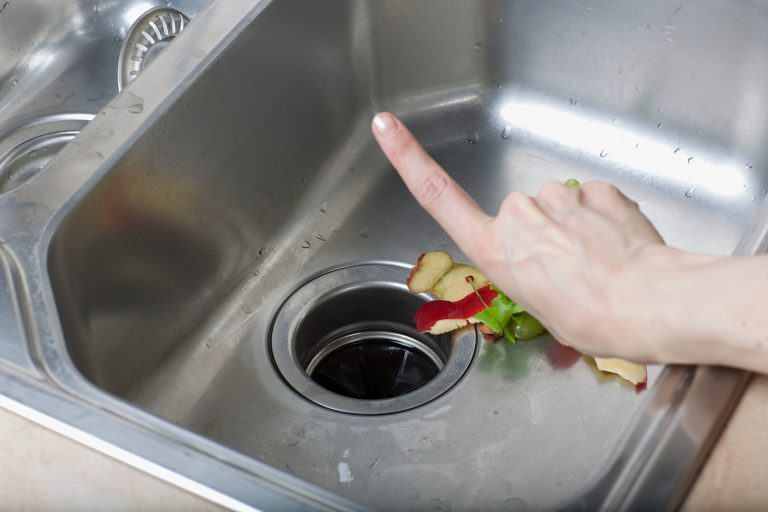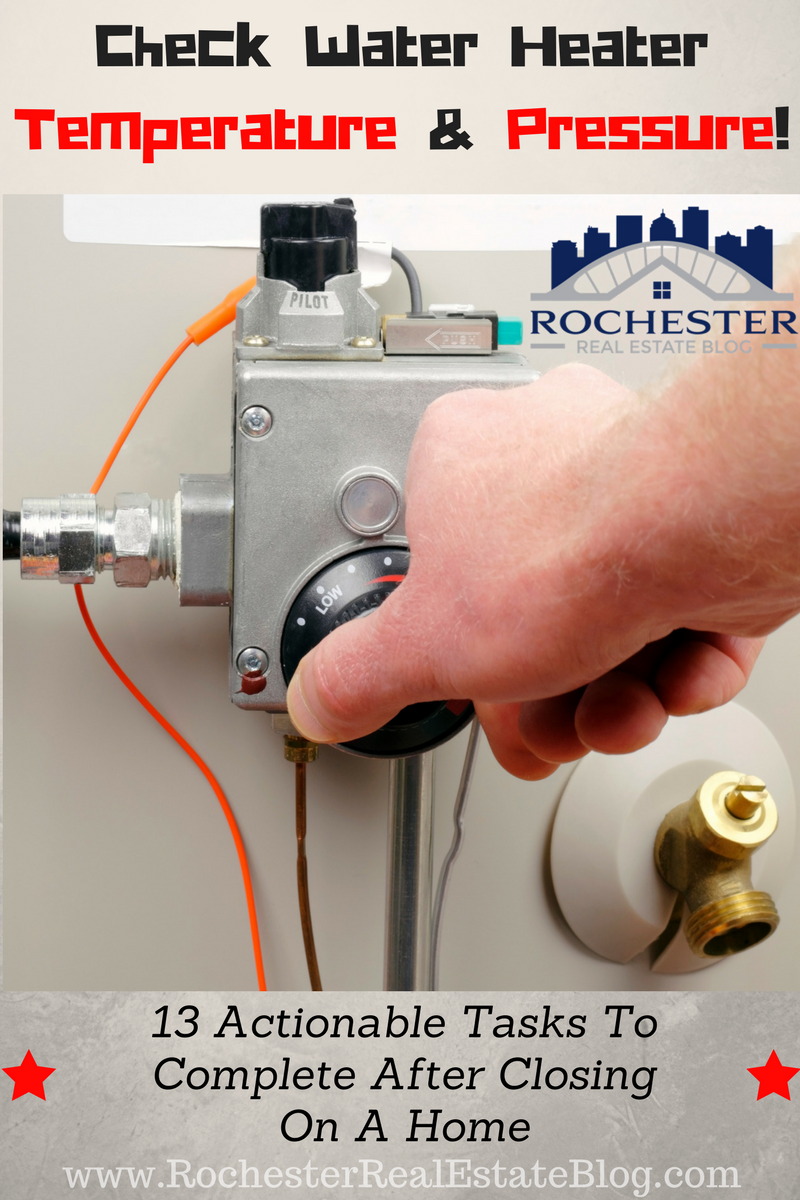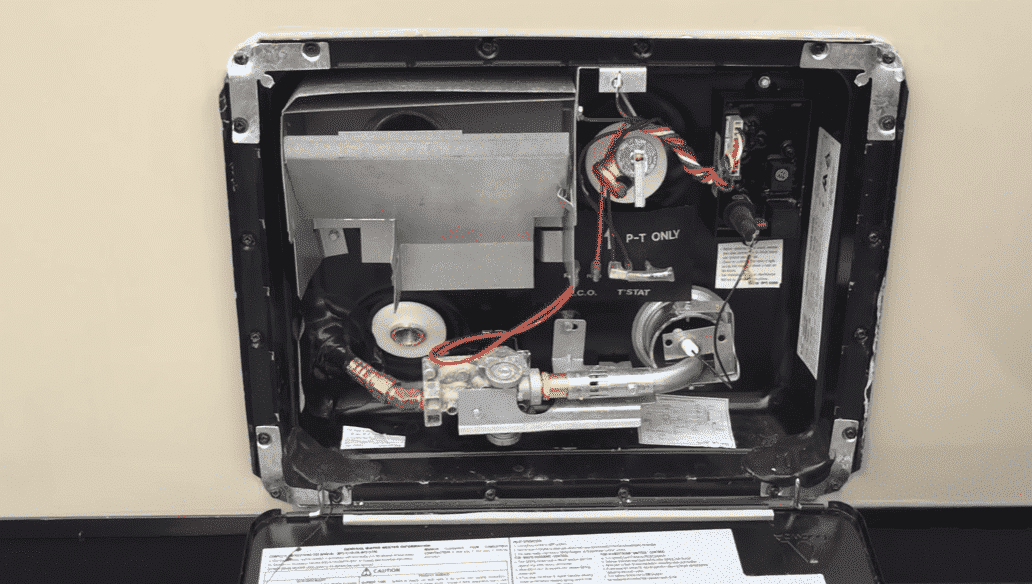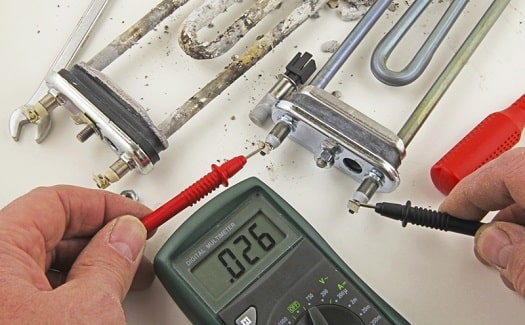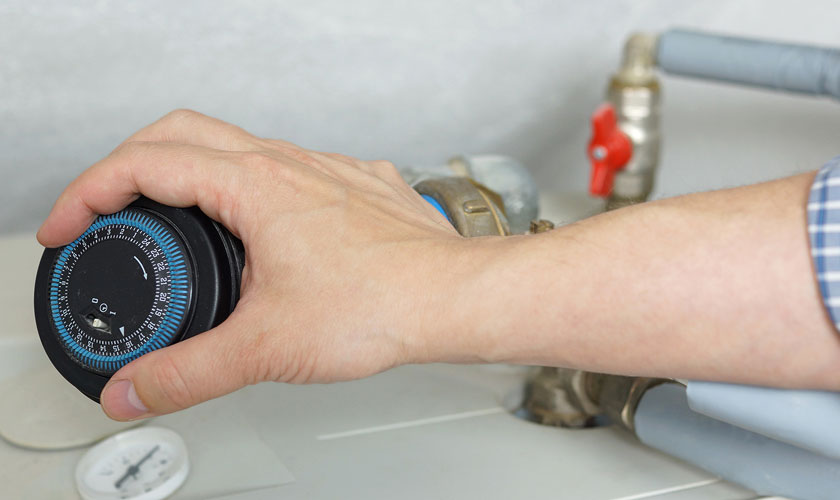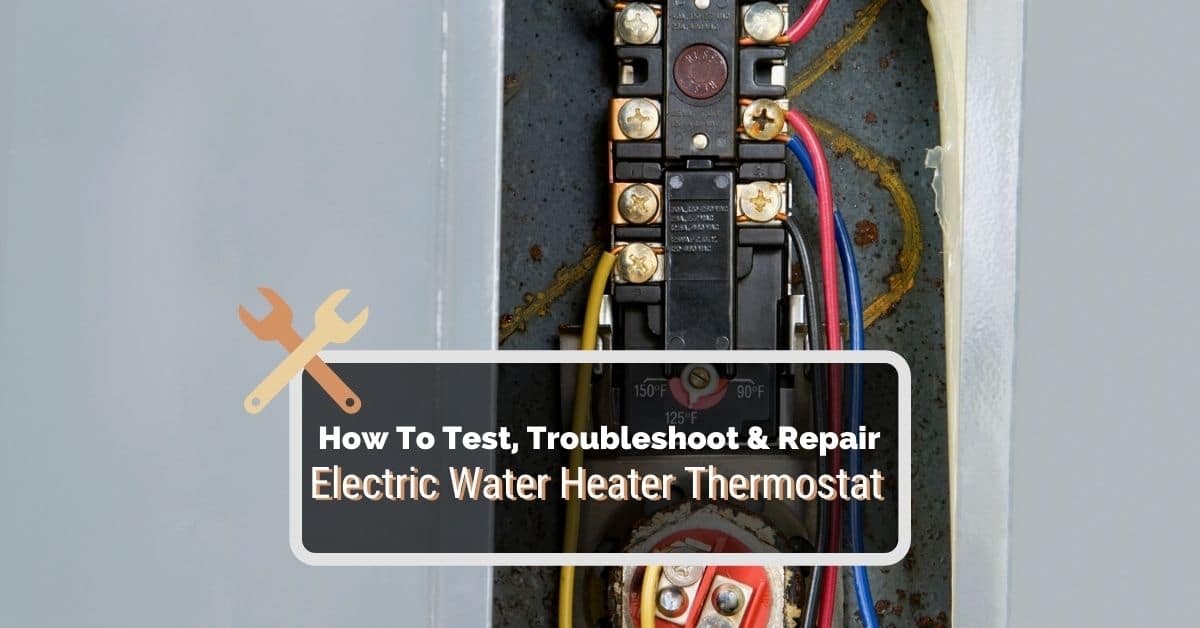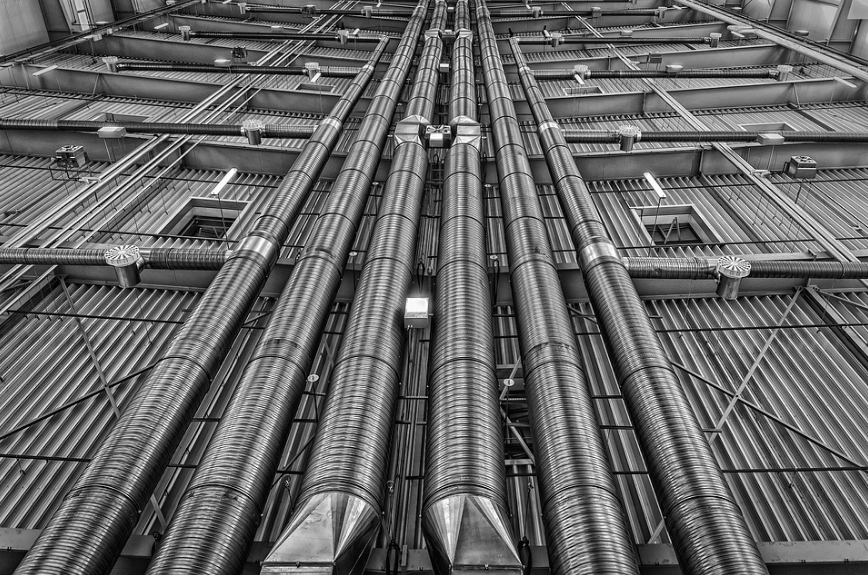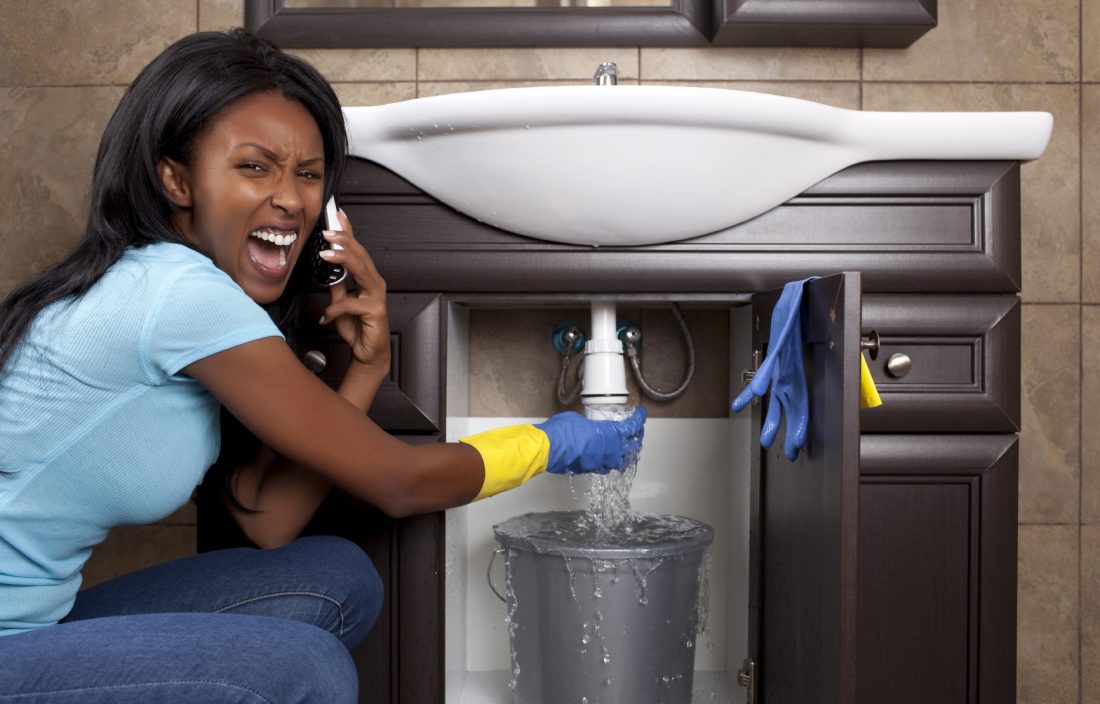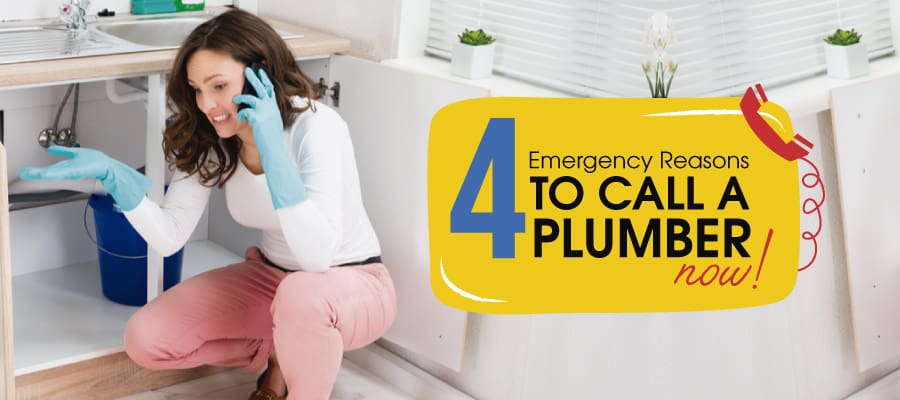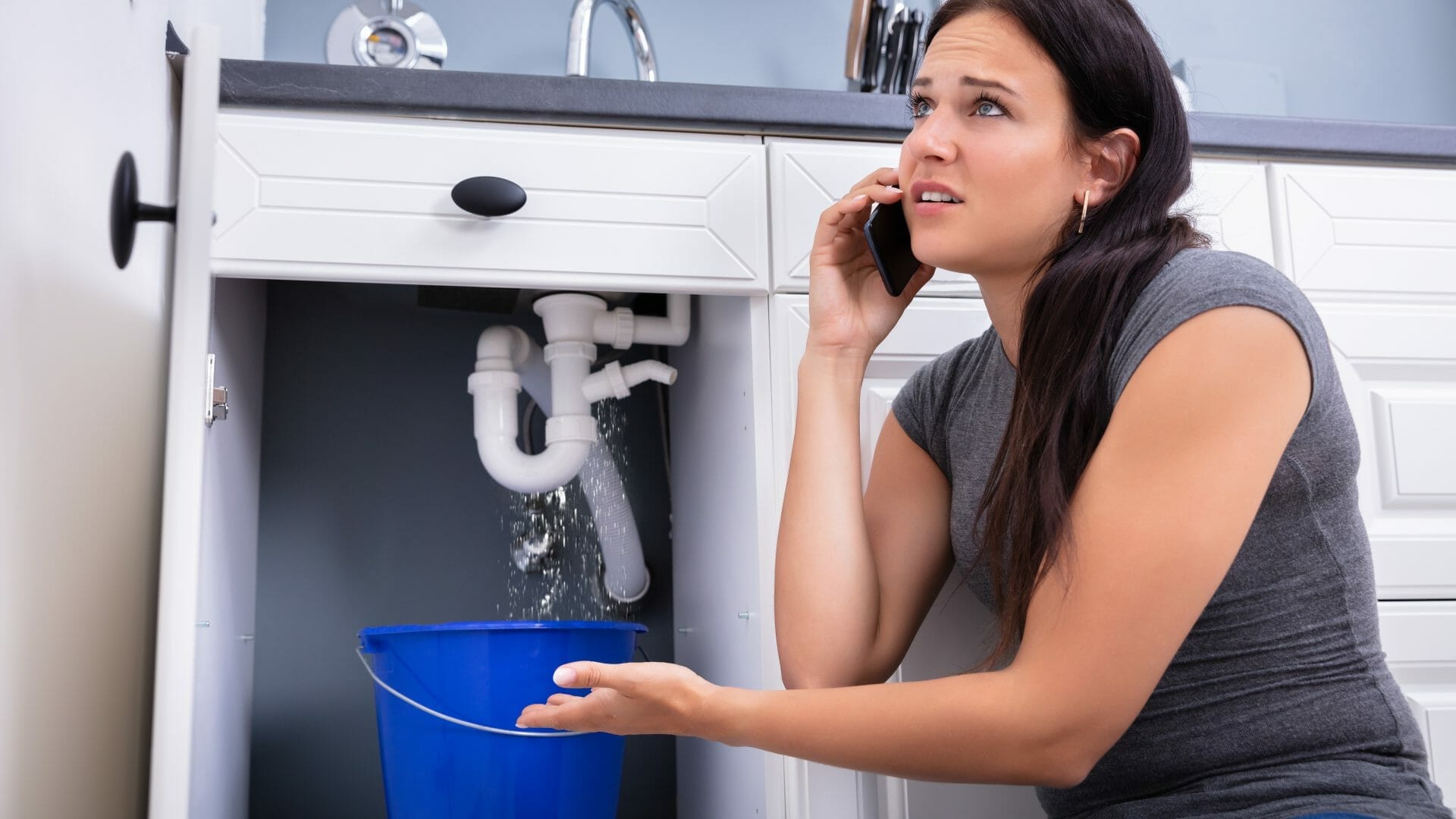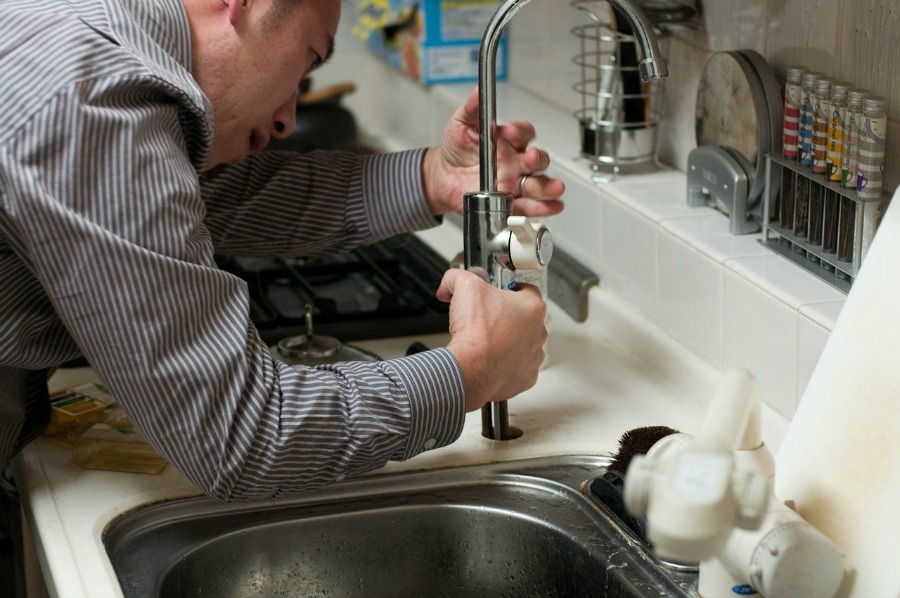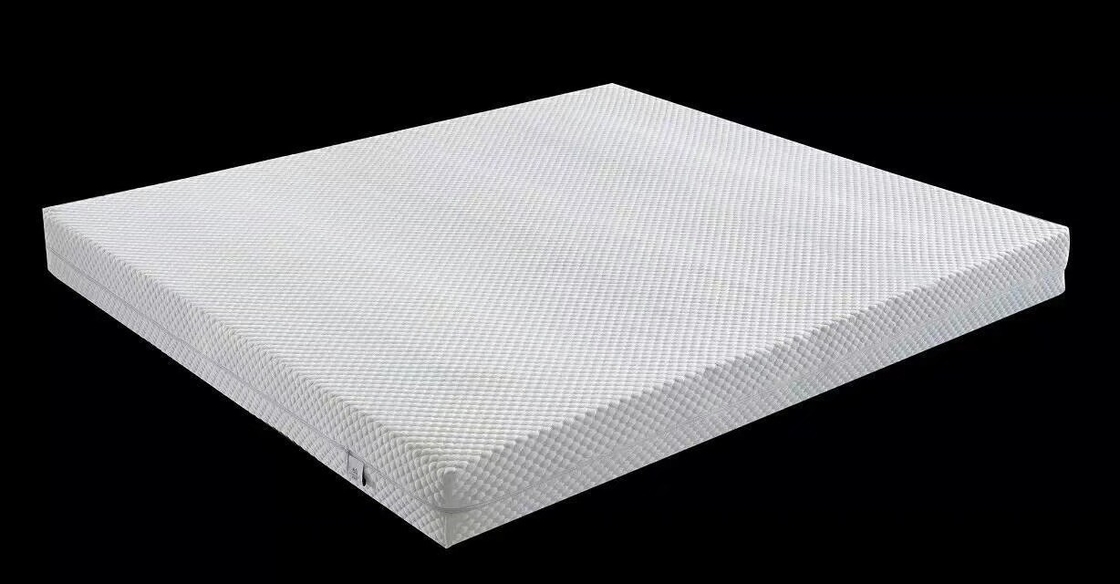If your kitchen sink suddenly stops dispensing water, the first thing you should check is the water supply. Make sure that the main water valve is turned on and that there are no disruptions in the water supply. If you have a well, check the pump to ensure it is functioning properly. If there is an issue with the water supply, this could be the cause of your kitchen sink water not coming out.Check the water supply
The next step is to check the faucet itself. Start by turning on the hot and cold water to see if one or both are not working. If neither is working, the issue may be with the faucet itself. Check for any visible damage or leaks and try cleaning the aerator (more on that later). If the faucet is damaged, you may need to replace it.Check the faucet
Another possible cause of no water coming out of your kitchen sink could be a clog or damage in the pipes. If you have an older home, your pipes may be corroded or worn out, leading to blockages. You can try using a plunger or a plumbing snake to clear any clogs. If the problem persists, it may be time to call a professional plumber.Check the pipes
The aerator is a small screen attached to the end of the faucet that helps regulate the flow of water. Over time, the aerator can become clogged with mineral deposits and debris, which can restrict the flow of water. Remove the aerator and clean it thoroughly with a brush and vinegar. This simple solution may be all you need to get your kitchen sink water flowing again.Check the aerator
If the water pressure in your kitchen sink is low, this could be a sign of a bigger issue. Low water pressure can be caused by a variety of factors, such as a problem with the main water supply, a clogged pipe, or a faulty pressure regulator. If you are not comfortable checking these things yourself, it's best to call a plumber to diagnose and fix the issue.Check the water pressure
Every sink has a shut-off valve located underneath it. This valve controls the water flow to the faucet and can sometimes get accidentally turned off. Check to make sure the valve is fully open and functioning properly. If the valve is faulty, it will need to be replaced.Check the shut-off valve
If your kitchen sink has a garbage disposal, it's possible that it could be causing the water blockage. Turn off the power to the disposal and use a flashlight to check for any visible clogs or damage. If you find a clog, use tongs or pliers to remove it. If there is no visible issue, the disposal may need to be replaced.Check the garbage disposal
If your kitchen sink is not getting hot water, the issue may lie with your water heater. Check to make sure the water heater is turned on and functioning properly. If it is not, you may need to call a professional to diagnose and fix the issue.Check the water heater
If none of the above steps have resolved the issue, it's possible that there is a clog deeper in your plumbing system. This could be caused by a buildup of food, hair, or other debris. If you have tried using a plunger or a plumbing snake to clear the clog with no success, it's time to call a plumber.Check for clogs
If none of the above solutions have worked, it's best to call a professional plumber. They will have the tools and expertise to diagnose and fix the issue quickly and efficiently. Don't try to tackle complex plumbing issues on your own, as it can lead to further damage and costly repairs.Call a plumber
Troubleshooting Tips for a Kitchen Sink with No Water Flow

Check the Water Supply
 If you turn on your kitchen sink and no water comes out, the first thing you should do is check the water supply. Make sure that the main water valve is turned on and that there are no issues with the water supply in your area. If you have recently had maintenance work done on your plumbing, it's possible that the valve was accidentally turned off and just needs to be turned back on.
If you turn on your kitchen sink and no water comes out, the first thing you should do is check the water supply. Make sure that the main water valve is turned on and that there are no issues with the water supply in your area. If you have recently had maintenance work done on your plumbing, it's possible that the valve was accidentally turned off and just needs to be turned back on.
Inspect the Faucet
/water-overflowing-in-kitchen-sink-200553937-001-5797e6335f9b58461f5a6736.jpg) If the water supply seems to be fine, the next step is to check the faucet itself. Sometimes, debris or mineral buildup can cause blockages in the faucet, hindering water flow.
Clean the aerator
(the small mesh screen on the end of the faucet) by unscrewing it and rinsing it out with water. You can also use a toothbrush to scrub away any buildup. If this doesn't solve the problem, it's possible that the faucet itself is damaged and needs to be replaced.
If the water supply seems to be fine, the next step is to check the faucet itself. Sometimes, debris or mineral buildup can cause blockages in the faucet, hindering water flow.
Clean the aerator
(the small mesh screen on the end of the faucet) by unscrewing it and rinsing it out with water. You can also use a toothbrush to scrub away any buildup. If this doesn't solve the problem, it's possible that the faucet itself is damaged and needs to be replaced.
Check the Water Pressure
 Low water pressure can also be a culprit for a kitchen sink with no water flow.
Check the water pressure in your home
by turning on a faucet in another room and seeing if the water comes out forcefully. If it doesn't, there may be an issue with the water pressure regulator or a clog in the pipes. In this case, it's best to call a professional plumber to assess and fix the problem.
Low water pressure can also be a culprit for a kitchen sink with no water flow.
Check the water pressure in your home
by turning on a faucet in another room and seeing if the water comes out forcefully. If it doesn't, there may be an issue with the water pressure regulator or a clog in the pipes. In this case, it's best to call a professional plumber to assess and fix the problem.
Inspect the Pipes
 If the water pressure seems fine but you still have no water flow in your kitchen sink, there may be a blockage in the pipes leading to the sink. This can be caused by a variety of things, such as food scraps or grease buildup.
Use a plumbing snake or a plunger
to try and dislodge any blockages in the pipes. If this doesn't work, it's best to call a plumber for further assistance.
If the water pressure seems fine but you still have no water flow in your kitchen sink, there may be a blockage in the pipes leading to the sink. This can be caused by a variety of things, such as food scraps or grease buildup.
Use a plumbing snake or a plunger
to try and dislodge any blockages in the pipes. If this doesn't work, it's best to call a plumber for further assistance.
Conclusion
/close-up-of-overflowing-bathroom-sink-90201417-579787783df78ceb865822d8.jpg) Having a kitchen sink with no water flow can be a frustrating issue to deal with. However, by following these troubleshooting tips and
regularly maintaining your plumbing
, you can prevent this problem from occurring in the future. If none of these solutions work, it's best to call a professional plumber for help to ensure that the issue is properly resolved. Don't let a lack of water flow in your kitchen sink disrupt your daily routine - address the problem promptly and efficiently to get your sink back up and running.
Having a kitchen sink with no water flow can be a frustrating issue to deal with. However, by following these troubleshooting tips and
regularly maintaining your plumbing
, you can prevent this problem from occurring in the future. If none of these solutions work, it's best to call a professional plumber for help to ensure that the issue is properly resolved. Don't let a lack of water flow in your kitchen sink disrupt your daily routine - address the problem promptly and efficiently to get your sink back up and running.
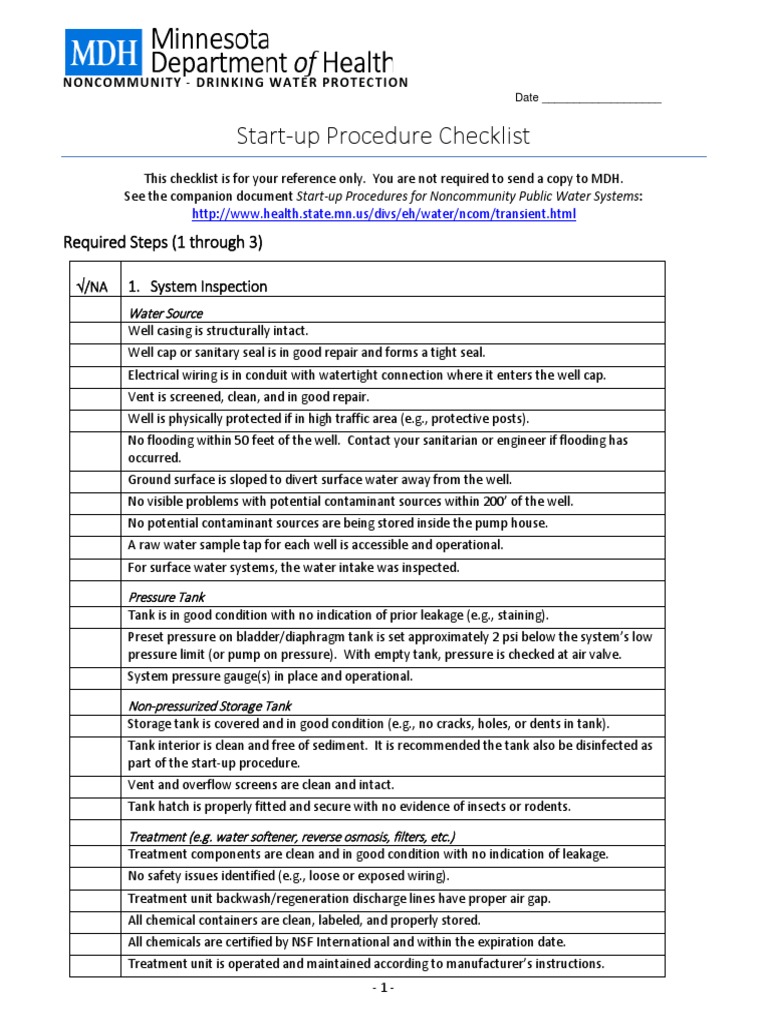


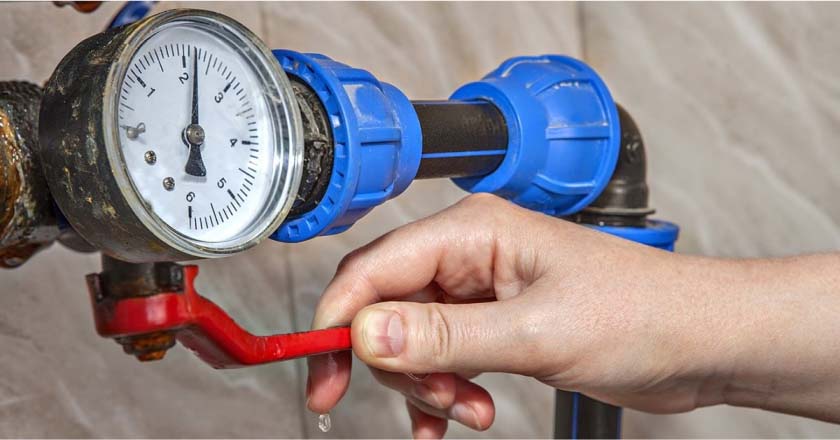
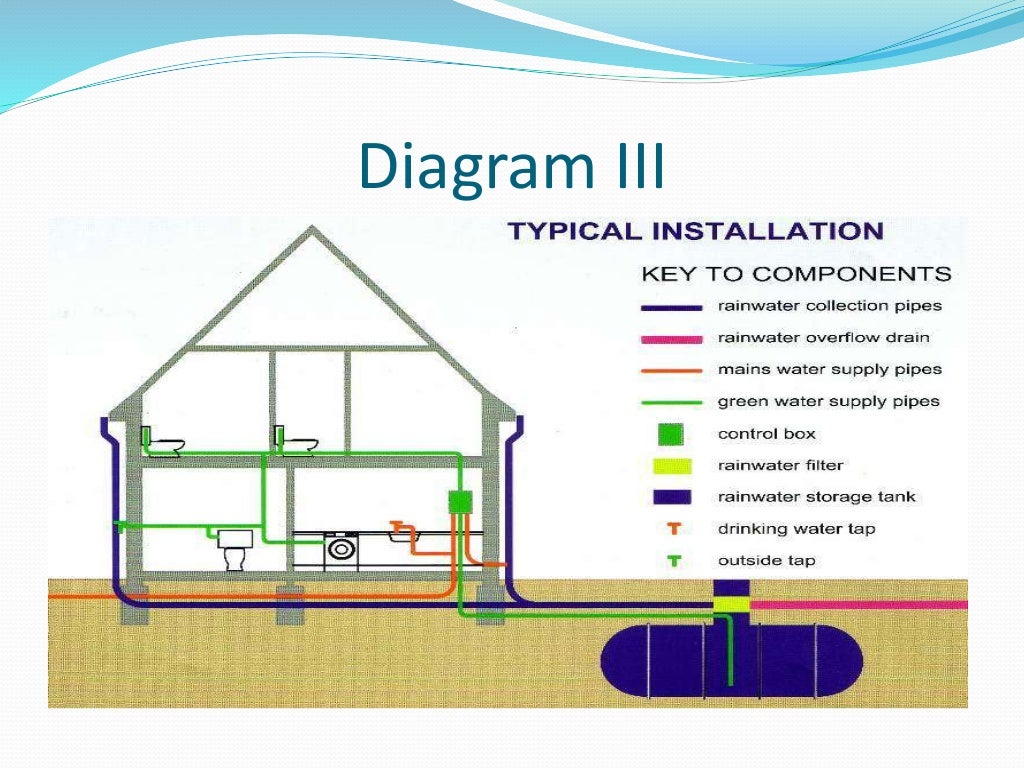


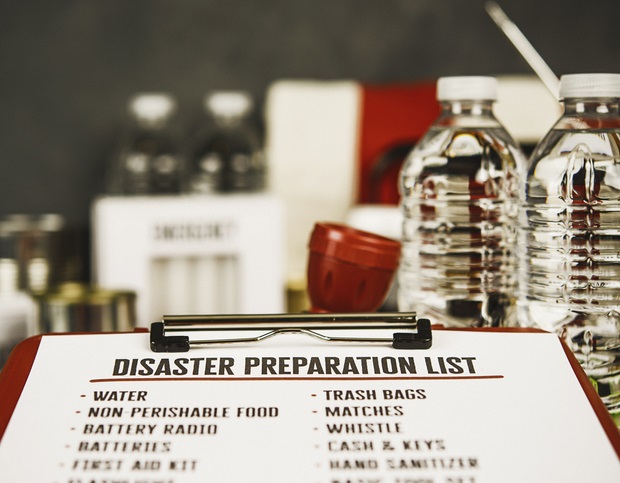






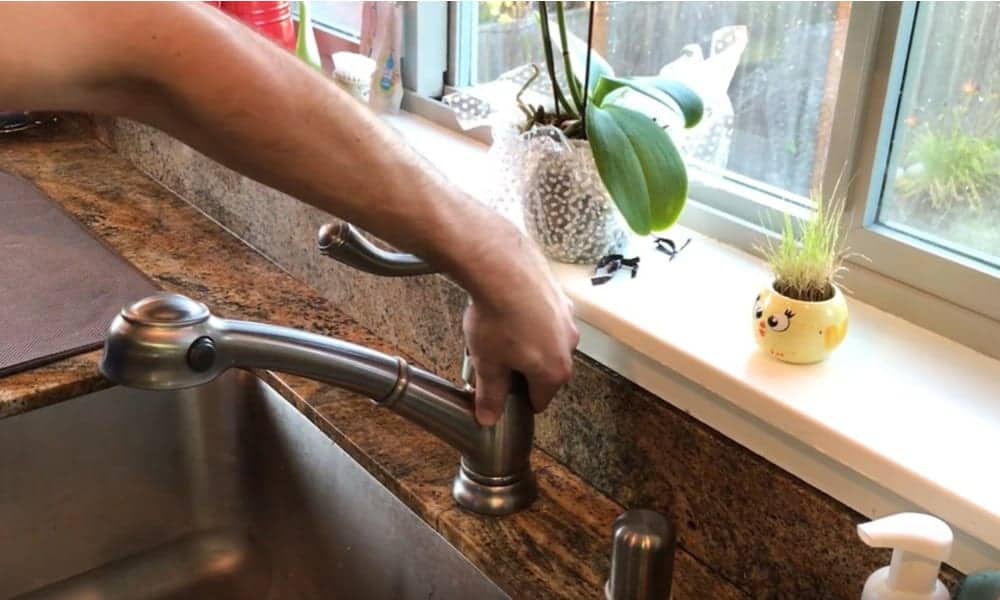



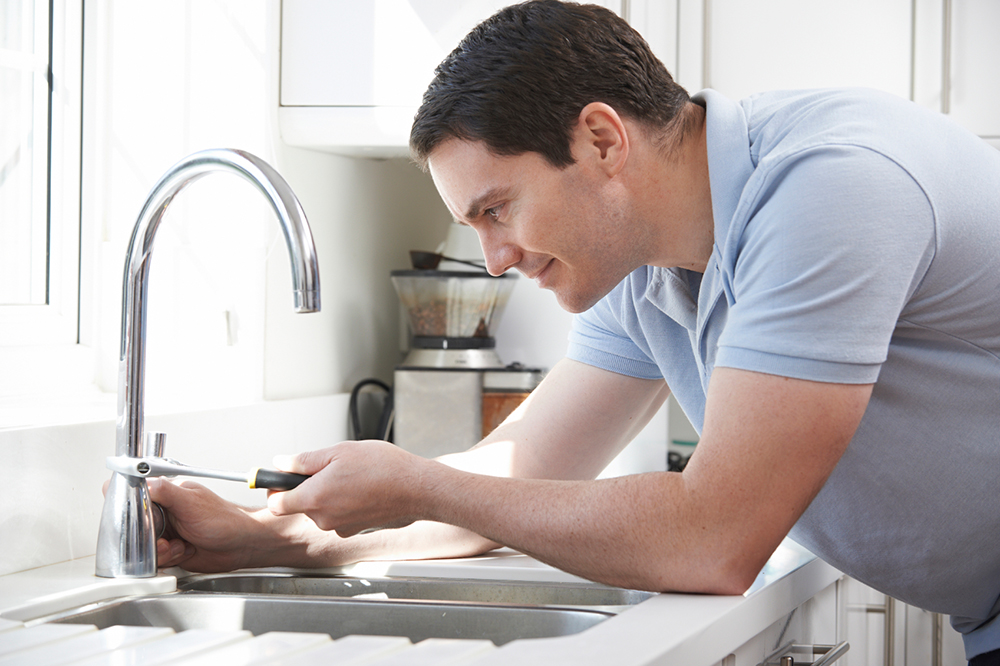
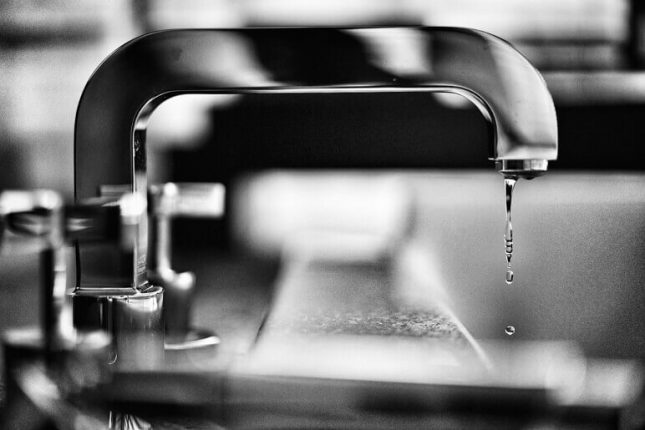
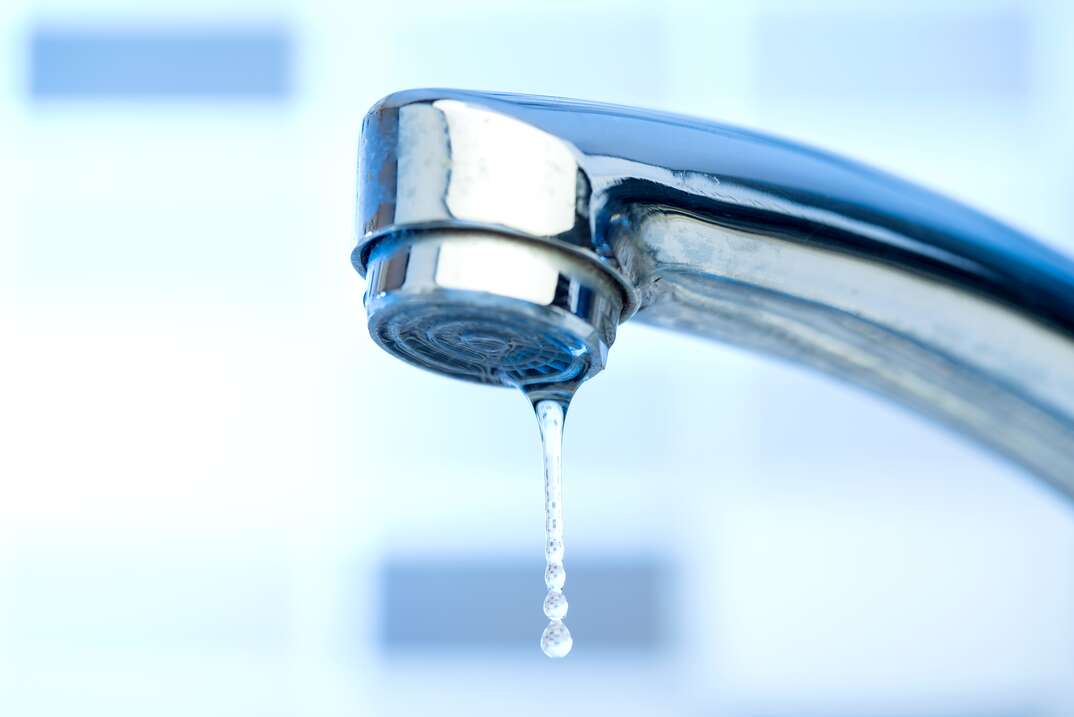
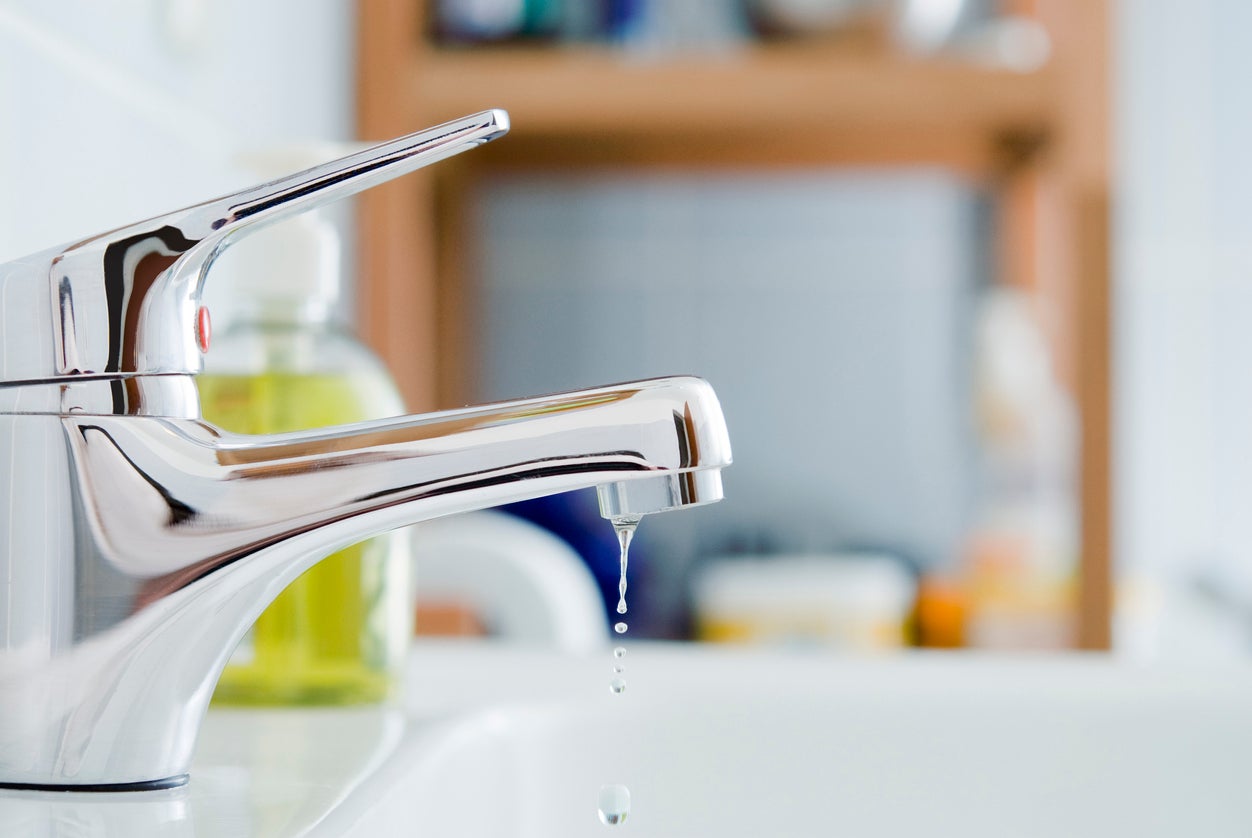
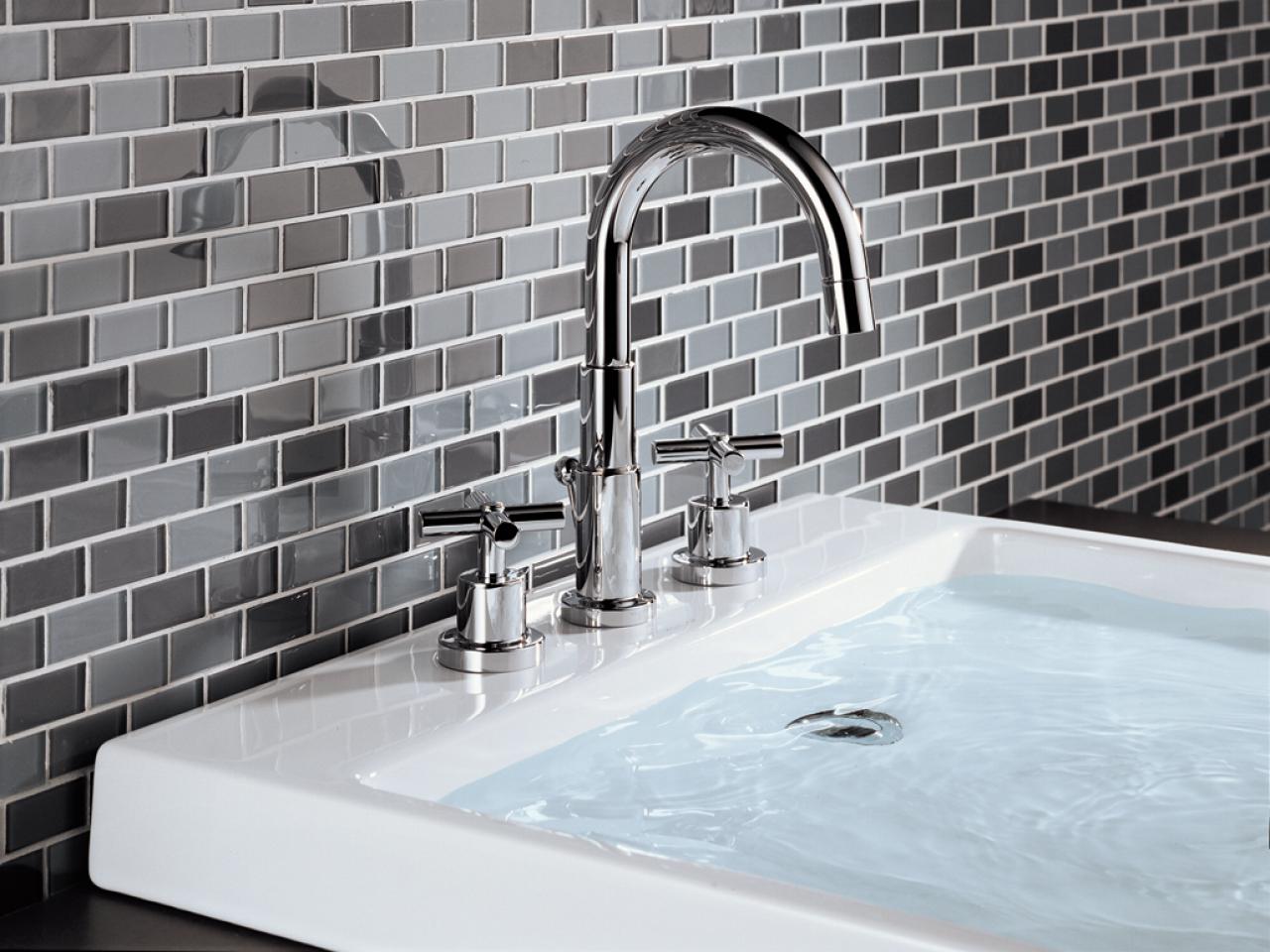


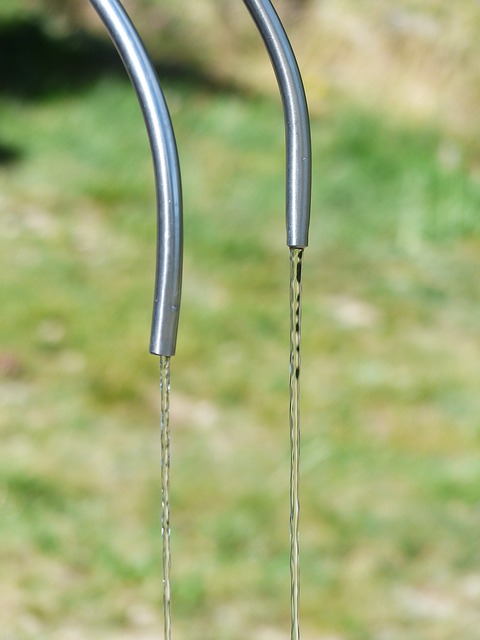



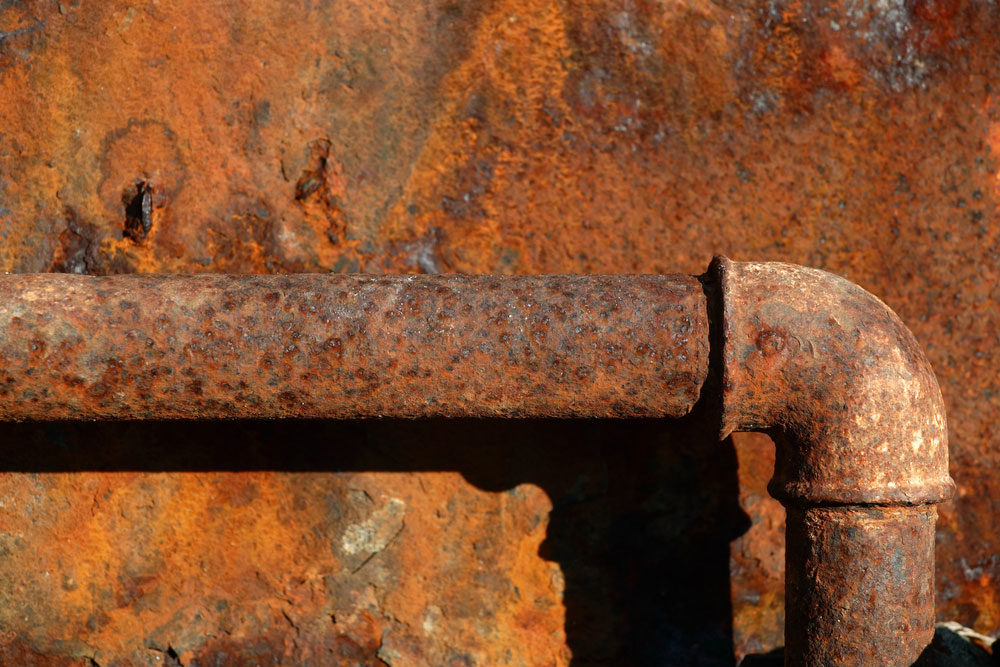






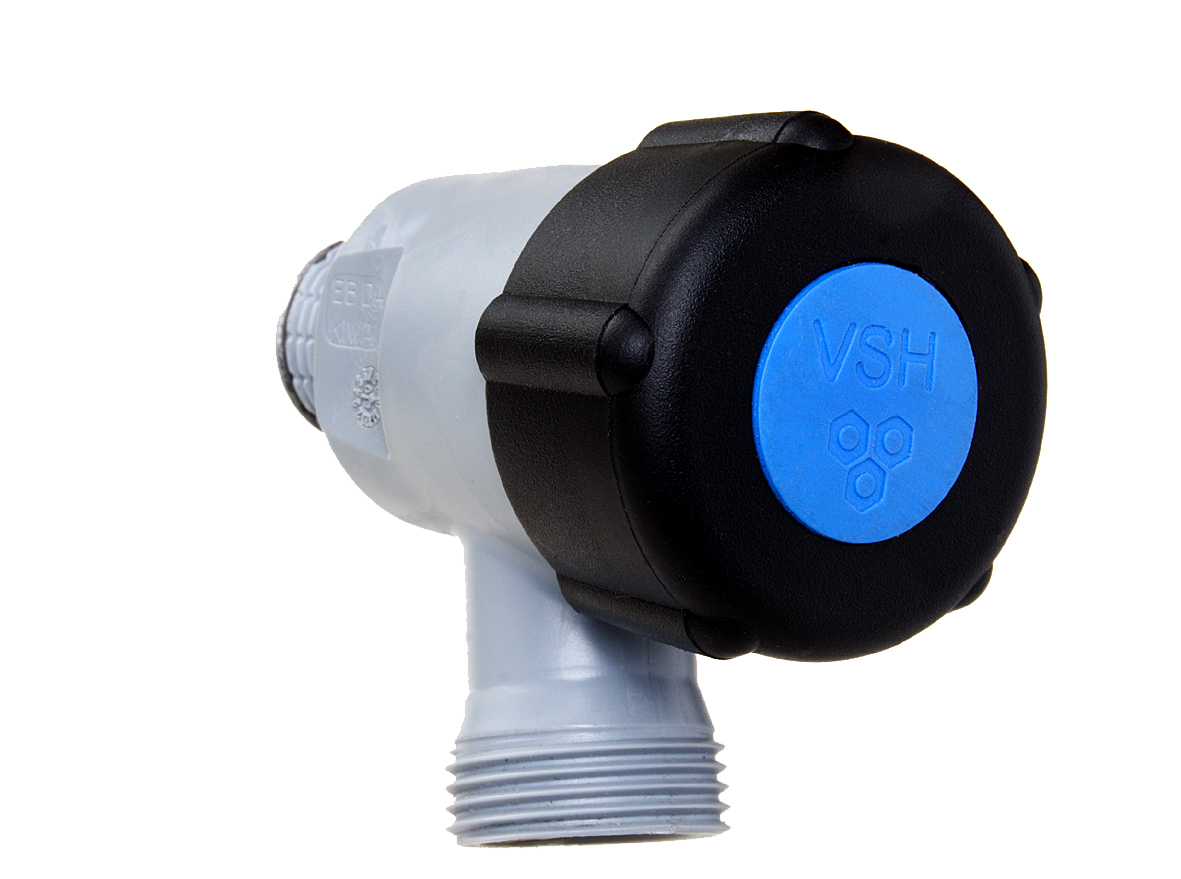







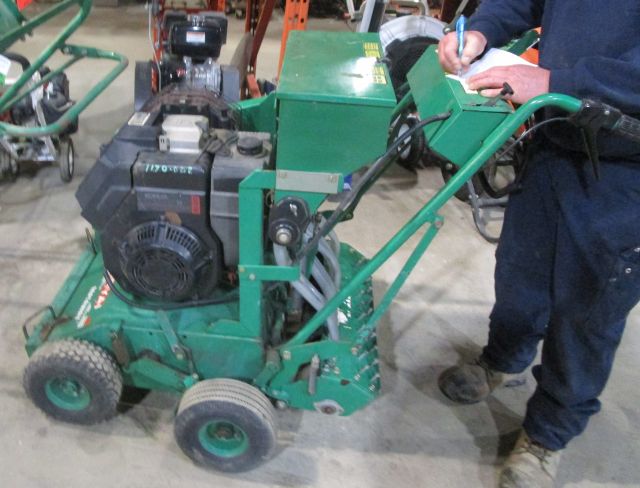
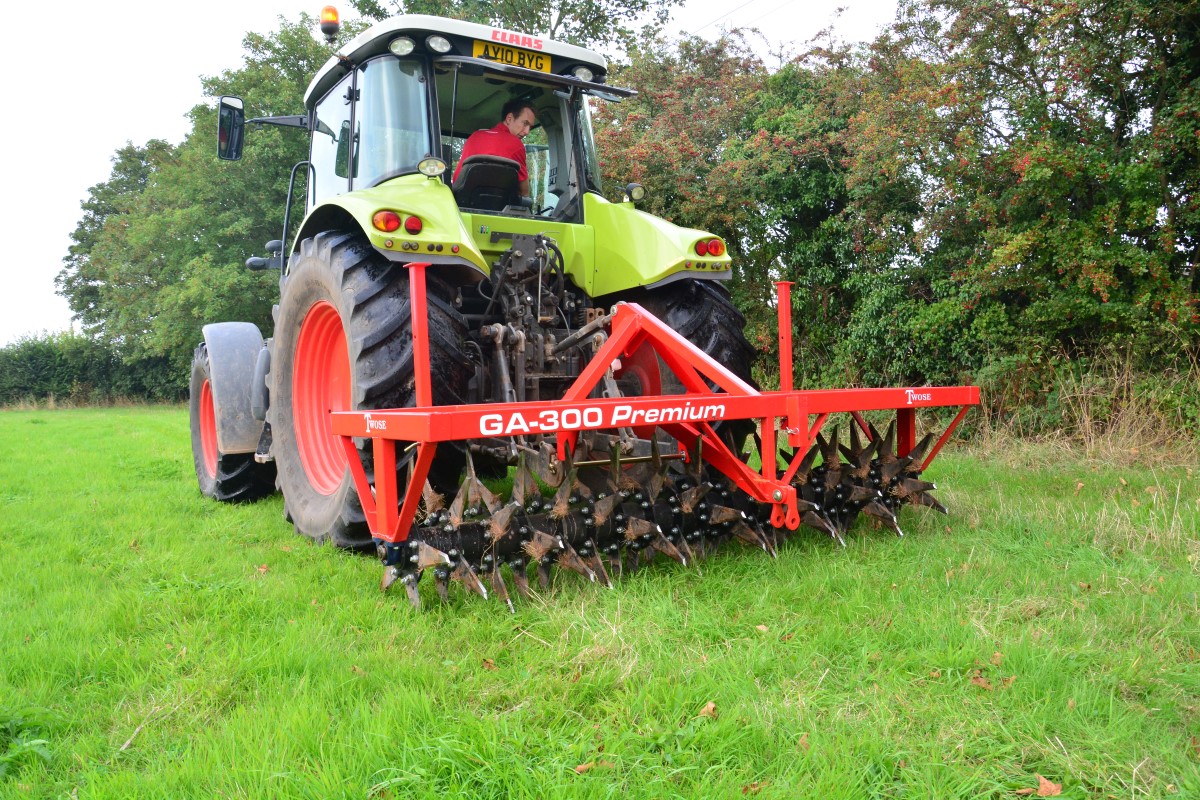

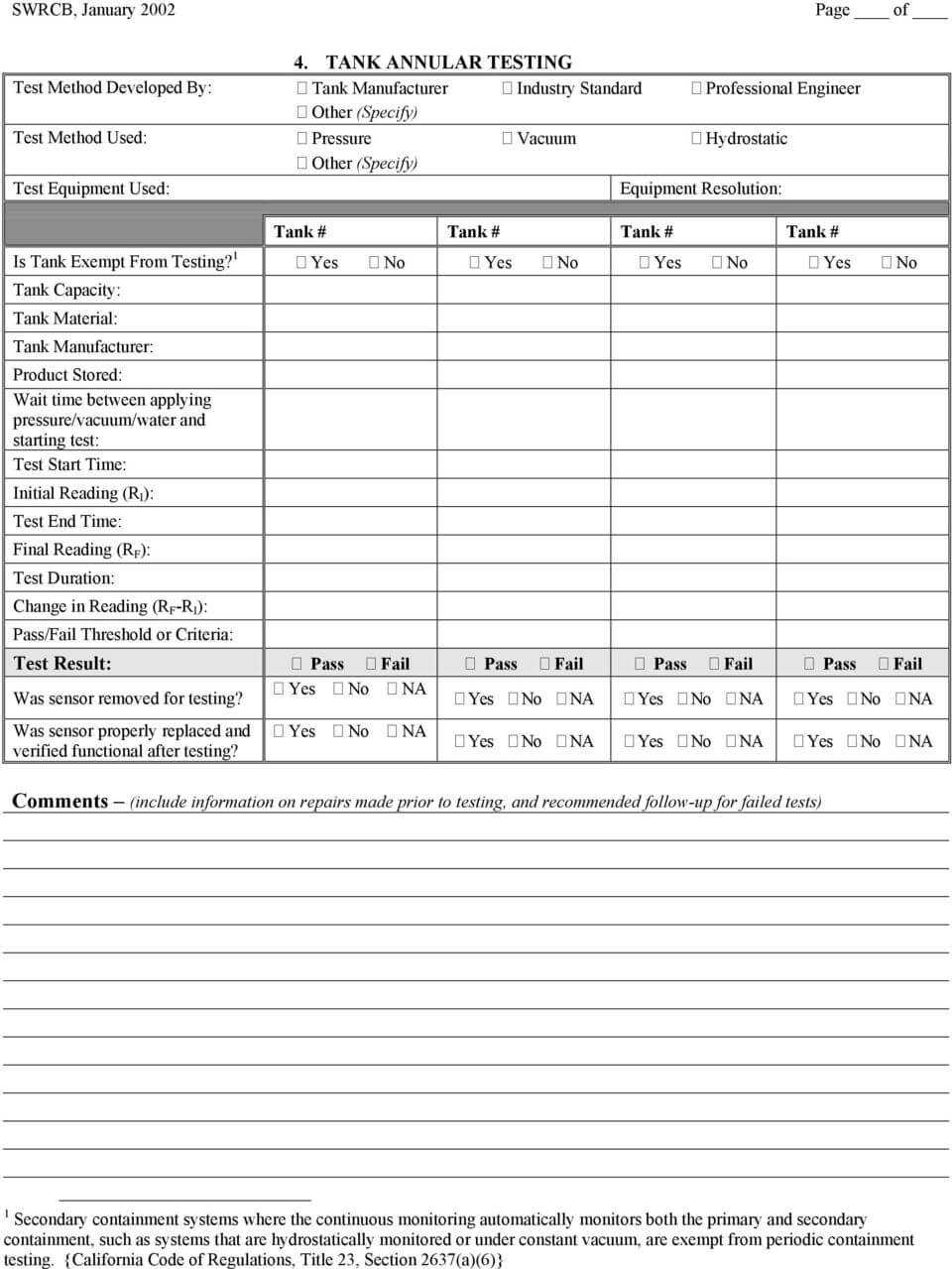
/93097679-56a73c295f9b58b7d0e81657.jpg)
/testing-water-pressure-in-your-home-2718692-hero-98f45508ca5d44b6b551034ac5cedab5.jpg)
:max_bytes(150000):strip_icc()/testing-water-pressure-in-your-home-2718692-04-c37ab3236d0d4b61b87079ebf9ef823e-c1e1ef0104fb44778a287bd9bb5ec140.jpeg)
:max_bytes(150000):strip_icc()/the-men-s-hand-opens-the-ball-valve-on-the-collector-1006810456-5c5fc73fc9e77c000159c4af.jpg)

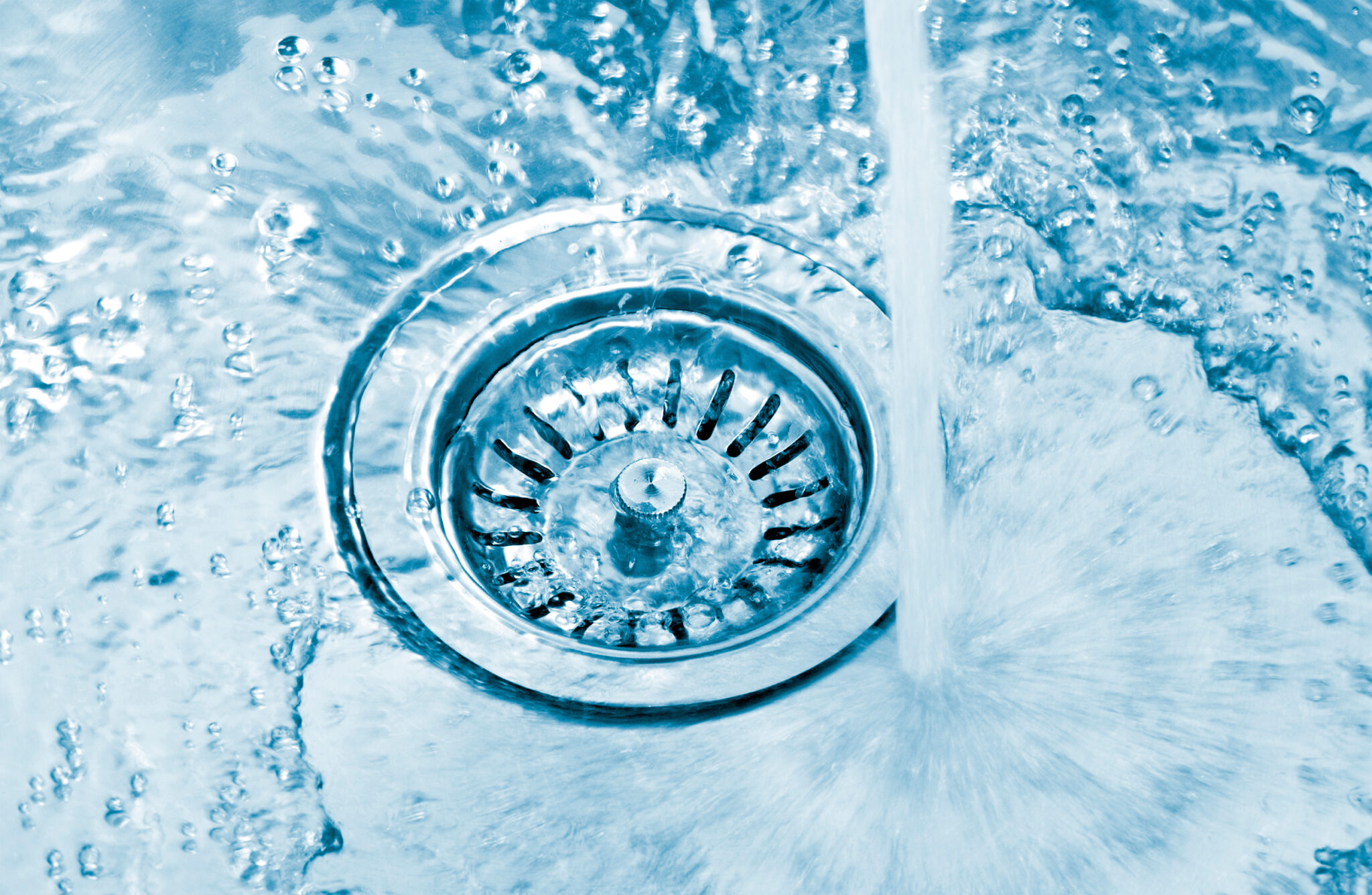
/JodiJacobson-waterpressure-5b9bf850c9e77c0050a2d8aa.jpg)




